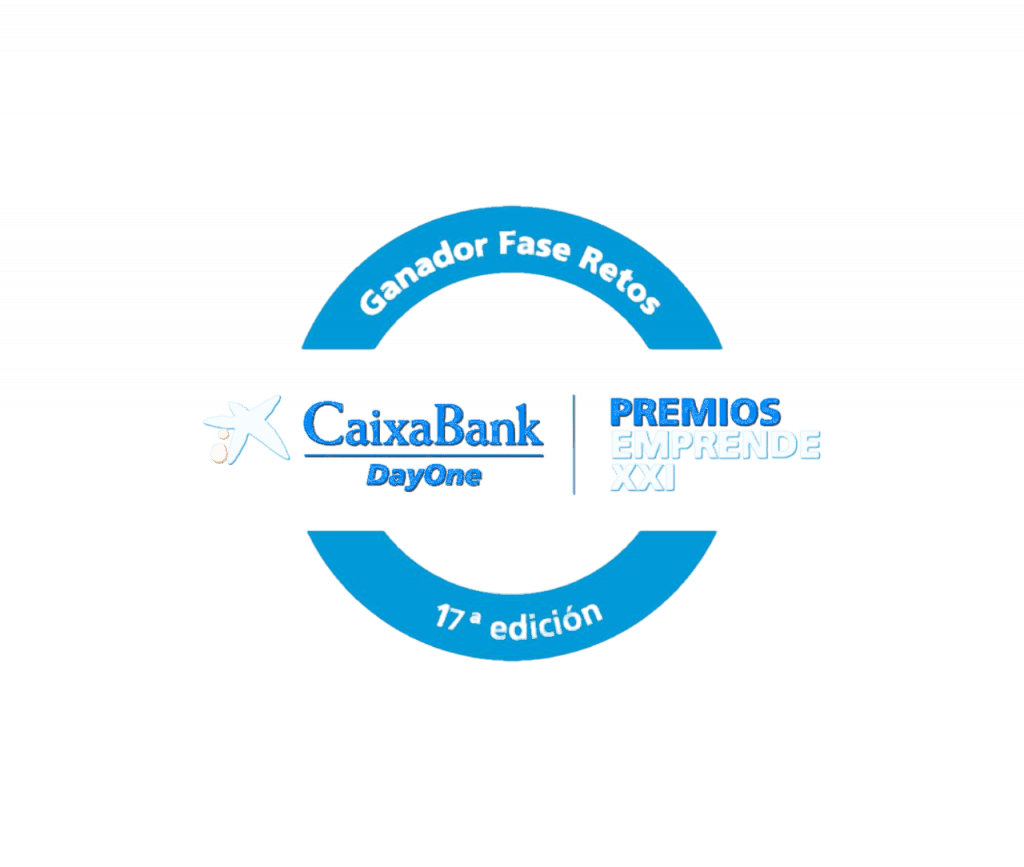.SMTK®
Any questions?
Why do fake tickets appear?
Fake tickets appear mainly due to the lack of control and security mechanisms in traditional ticketing systems. Some of the most common reasons are:
1. Lack of traceability: Without a system that tracks who holds the ticket at all times, the same code can be copied and sold multiple times without the buyer knowing.
2. Easy duplication: Traditional formats, such as QR codes in emails or PDF files, can be copied and shared without restrictions, allowing fraudulent use.
3. Unregulated resale: In many cases, resale platforms do not verify ticket authenticity, enabling scammers to sell copies of the same ticket to multiple people.
4. Lack of validation at entry points: If the event’s validation system does not detect duplicates in real-time, multiple people may attempt to enter using the same ticket, causing access control issues.
5. Fraud in peer-to-peer transactions: When a person resells a ticket informally (via social media or messaging), the buyer must trust that the seller will not use or resell the same ticket to someone else.
Solutions like smart.ticket® can help eliminate this issue by ensuring that each ticket is unique and cannot be transferred without proper authorization.
Do I need to download an app?
No, the .smtk® file format can be opened using any standard web browser. This does not mean you need a data connection to access your ticket: as long as you don’t close the smart.ticket® window in the browser, your ticket will remain available and fully functional.
To avoid relying on the browser, we have developed a viewer app for .smtk® files that offers several advantages, such as easier access to all your tickets in one place and push notifications about possible event changes. Downloading the viewer is completely optional.
Are you a ticketing platform?
No, the smart.ticket® is a solution integrated with the existing ticketing platforms that event organisers already use.
Is ticket resell legal?
The answer to this question is not simple. The applicable laws are very old and do not take digital ticket exchanges into account. They only refer to street resale near venues, which has become less common with the rise of digital tickets.
Currently, any regulations refer to the terms of use imposed by the promoter and the ticketing company.
But recently in Europe, DSA (Digital Services Act), published in 2022 and applying from 2024 defines some rules for digital platforms (like ticketing platforms) to trace any digital asset and ensure there’s no fraud on any transaction. This doesn’t forgive ticketing secondary market but defines a framework to avoid problems on the digital ticketing business.
In any case, most professional ticket resale platforms take advantage of legal loopholes by being headquartered in certain countries to avoid the consequences of any laws that may affect these types of transactions.
Do the smart .ticket® implies changes on the present ticket management processes?
Since the solution integrates with the existing APIs (interfaces that provide access to a platform’s functionalities) of ticketing platforms, users will continue purchasing their tickets through the usual channel. The event organiser will keep working with their preferred ticketing platform, which will manage capacity, payments, communications, and more.
When acceding the event, the smart.ticket® will display the exact same code as a regular ticket, meaning no changes are required in validation systems.



